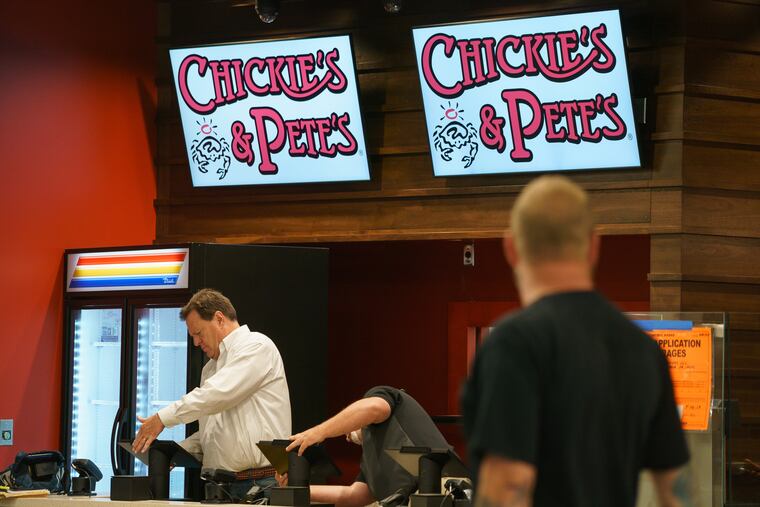Philly DA’s Office launches a unit to prosecute employers for crimes against workers
Philly is the latest in a series of state and local prosecutors’ offices that have prioritized going after scofflaw employers.

Underscoring the city’s increased focus on supporting workers, the Philadelphia District Attorney’s Office has launched a unit to investigate and prosecute scofflaw employers.
The new office is part of a nascent trend among progressive state and local prosecutors who are putting a priority on crimes committed against workers. County prosecutors in Minnesota, Colorado, and California are going after employers who are fudging time sheets in order to save money on wages and who put workers in danger on the job.
In Philadelphia, District Attorney Larry Krasner, who pledged to change the prosecutor’s office, has hired labor attorney Danielle Newsome to run the unit. Newsome, 33, is a familiar face in the local labor movement: Previously a staff attorney at health-care union Health Professionals and Allied Employees, she recently stepped down from the board of Jobs With Justice, a workers’ rights organization, and from running the local Coalition of Labor Union Women.
» READ MORE: From 2017: DA-elect Krasner vowed to change the system. First he'll have to change the office
The unit, currently staffed solely by Newsome, will work with the district attorney’s economic crimes arm and focus on employers who, rather than being merely negligent, intentionally break the law, Newsome said. She’ll look for those who steal wages from multiple workers, for example, or have a track record of bad behavior.
“We know it’s happening,” she told a group of 40 labor leaders at the Philadelphia AFL-CIO Monday morning. “We’ve all seen it. We’ve all heard it.”
In Philadelphia, notable cases have included a 2014 Department of Labor wage theft investigation that resulted in Chickie’s & Pete’s paying a $6.8 million settlement in back wages and damages to workers, and a 2017 Department of Labor wage theft investigation into Talula’s Garden in which the high-end restaurant had to pay nearly $400,000 to workers.
» READ MORE: Labor official’s goof shows Philly’s pro-worker growing pains
The new unit represents another avenue for recourse for workers in Philadelphia, one that carries more serious penalties than those that can be levied by the city’s Office of Labor, which can fine employers who break city laws by stealing wages or not providing mandated paid sick leave. (The Office of Labor can also revoke business licenses but has never done so, opting for a less aggressive course of action.)
Fines, however, do not always deter bad employers, said Chris Woods, executive vice president of health-care union District 1199C, who advocated for the unit’s creation.
» READ MORE: How slow-to-act Philadelphia came to pass some of the most cutting-edge worker laws in the nation
If the principals of a company have been arrested for stealing workers’ wages, that sends a different message than, say, a lawsuit against that employer, said Terri Gerstein, a director at the Harvard Law School Labor and Worklife Program who studies state and local enforcement of labor laws.
As prosecutors increasingly take up these kinds of economic crimes, she said, they present a “different vision of how [they] can use their power.”
Gerstein attributed the trend of prosecutors picking up this kind of work to historically low rates of private-sector unionization, the rise of the contracted workforce, and a wave of worker activism. It’s also a response to the federal government’s inaction around these kinds of cases, she said.
The new unit, Krasner said, aims to combat an attitude that he believes is pervasive in government: “You take care of the powerful people, but not the workers.”
The Inquirer is one of 21 news organizations producing Broke in Philly, a collaborative reporting project on solutions to poverty and the city’s push toward economic justice. See all of our reporting at brokeinphilly.org.